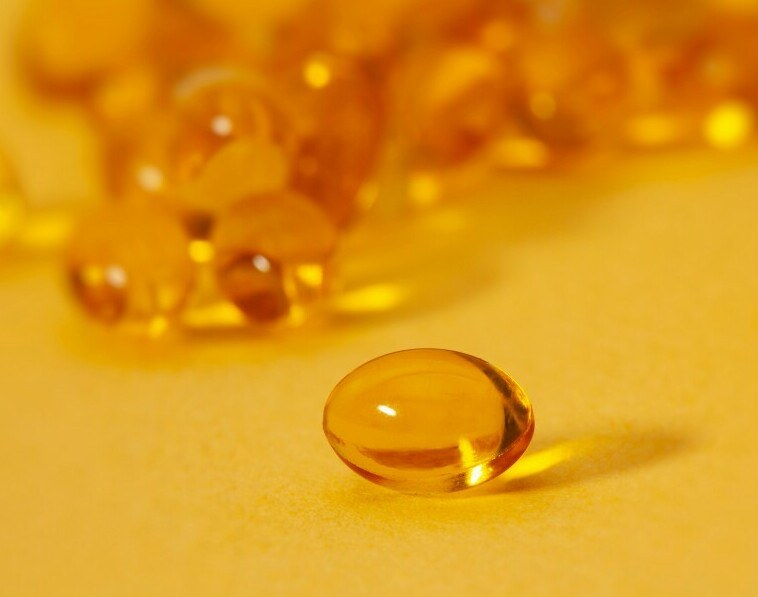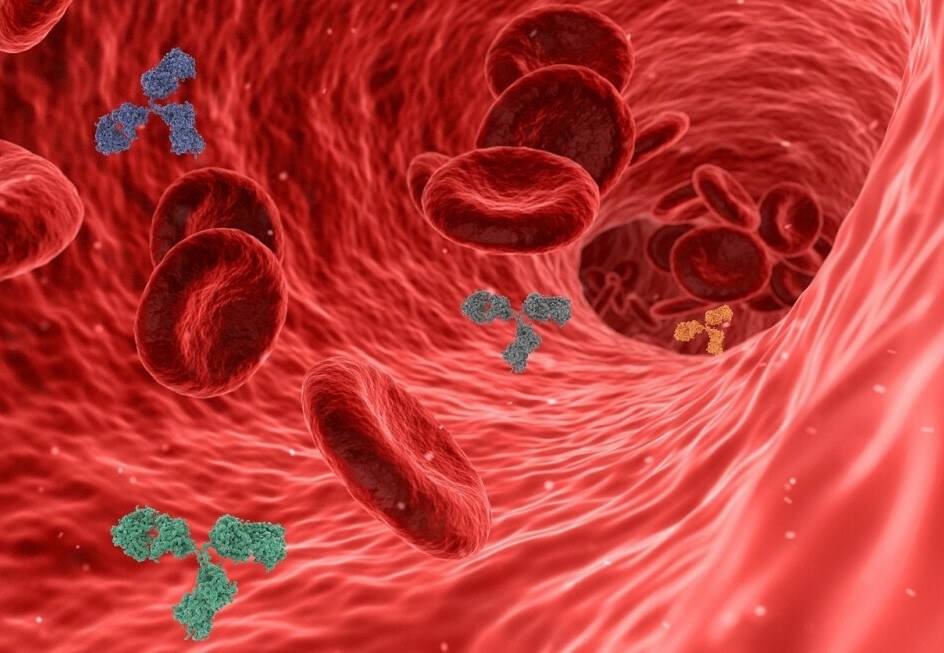
Vitamin B12 – The Lowdown.
Let’s take an in-depth look at a nutrient that’s essential for your health, yet often overlooked: vitamin B12, also known as Cobalamin.
What’s the importance of B12? This little powerhouse is crucial for several bodily functions, including DNA synthesis, red blood cell formation, and maintaining nerve health. Without it, your body’s operations would be like a car trying to run without gas. It works alongside vitamin B9 to help iron do its job and to produce S-adenosylmethionine (SAMe), a compound involved in immune function and mood. It’s also the nutrient we need in the smallest quantity, – yet that in no way means it can be forgotten about because it’s absolutely vital!
A deficiency of B12 causes symptoms such as fatigue, muscle weakness, tingling in the hand and feet, nausea, weight loss, trouble walking and with coordination, decreased appetite and an anaemia.
Left untreated it can result in permanent nerve damage.
Pretty serious stuff for a little vitamin.
Where does vitamin B12 come from?
Where does this nutrient come from? Well, vitamin B12 is naturally found in animal products, such as meat, fish, poultry, eggs, and dairy. But why? Did you know that B12 is NOT made in the bodies of any animal? That’s right. It’s actually made by only certain species of bacteria and archaea, (microorganisms similar to bacteria). This synthesised B12 is found in animals because it’s transferred to their tissues when they eat from the soil.
But, did you also know that these days, farm animals such as ruminants like cows, are given B12 injections? That’s right, and factory farming aside, it’s because our soil today is so depleted of nutrients that even the animals are deficient! A lack of cobalt in soil is strongly implicated in B12 deficiency among farm animals. It’s also for this reason that there are many products fortified with the vitamin as well, such as cereals and snack bars.
Who’s at risk of deficiency?
Pretty much everybody is at risk of being deficient in B12, and in particular the older population. This is because as we age, the body becomes less able to absorb the vitamin through digestion. It’s recommended by several governing health bodies that all adults over the age of 60 take supplements. People with conditions like Crohn’s or celiac disease, those who have had bariatric surgery, or individuals with certain genetic mutations are also in the at-risk group. And of course, vegans and people on plant-based diets, since plants don’t contain any B12 either.
But as you can see, vitamin B12 deficiency is NOT solely a vegan problem, and you’ll find that many food products containing added doses of the vitamin, are definitely not aimed at the vegan population.
And although your body can store vitamin B12 for a while, it’s important to replenish your B12 levels regularly through diet or supplements, especially if you’re plant-based, or older.
It’s important to appreciate that even with a B12-rich diet, some individuals might experience a gap between intake and what the body actually needs. Understanding the severity of B12 deficiency and recognizing the signs can help fend off potential health issues before they escalate.

Recognizing and Addressing B12 Deficiency: A Health Priority
As we’ve seen, a B12 deficiency isn’t something you should take lightly. It can creep up on you and, if left unattended, have significant impacts on your health.
So, how do you know if you’re running low on B12? Keep an eye out for some tell-tale signs and symptoms. You might feel unusually tired, face difficulty in maintaining balance, experience numbness or tingling in your limbs, or have memory issues that seem out of the ordinary. Because these symptoms can overlap with other conditions, you might not immediately think of B12 deficiency.
If you’re concerned about B12 deficiency, there’s good news. It’s manageable with the right approach. Blood tests can confirm if you are deficient, and from there, you and your healthcare provider can work together to address it. You might need oral supplements or even injections if your levels are particularly low.
Optimizing B12 Intake: Solutions for Vegans and Sublingual Options
For those following a vegan diet or anyone struggling to maintain adequate B12 levels, there are a variety of creative and effective approaches to ensure you’re getting enough of this vital nutrient. I’m here to help you with a roundup of vegan supplement options and the lowdown on sublingual B12 administration.
Navigating a plant-based diet can be challenging when it comes to certain nutrients, but it’s totally manageable with the right knowledge. If you want to keep your B12 levels on track, vegan supplements are a practical choice. They come in various forms, such as tablets, capsules, and fortified foods, making it easy to find something that resonates with you.
So here’s a picture of some of these B12 sources for vegans: fortified plant milks, breakfast cereals, and nutritional yeast. Not to mention, there’s a whole market of specially-formulated vegan B12 supplements that are both accessible and affordable.
Sublingual B12 supplements, which dissolve under your tongue, are a smart pick. They bypass the digestive tract, delivering B12 straight to your bloodstream. It’s great for people who have absorption issues or just prefer a quick and easy method.
Just don’t focus too much on perfection. Your first attempt at supplementing with B12 isn’t the end-all. You can always adjust your approach down the road. Make sure to consult with a healthcare provider to find the best B12 supplement regime for you, and choose a method that suits your lifestyle, ensuring you won’t skip on this essential vitamin.
Pretty wild, right? How such a small change can make a huge difference in your health. I really hope that you find the solution that works for you and keeps your B12 levels in the optimal range. Thanks for reading, and don’t hesitate to reach out if you have any questions about B12 and your health!


